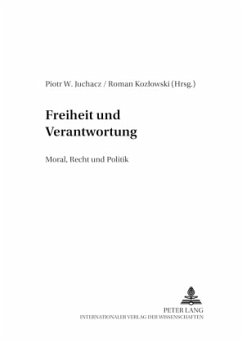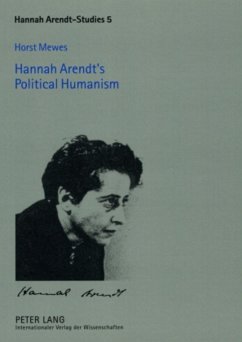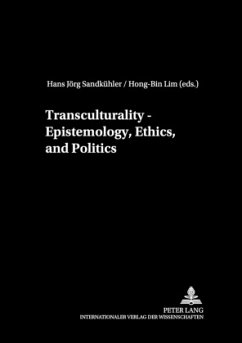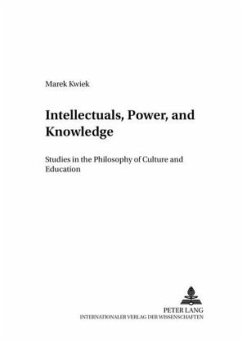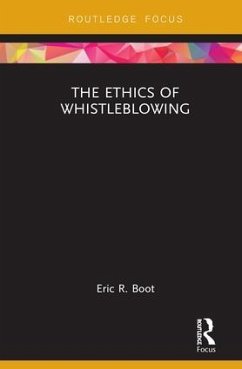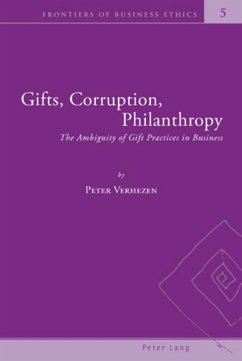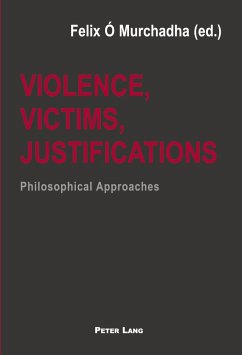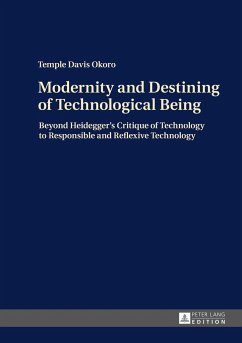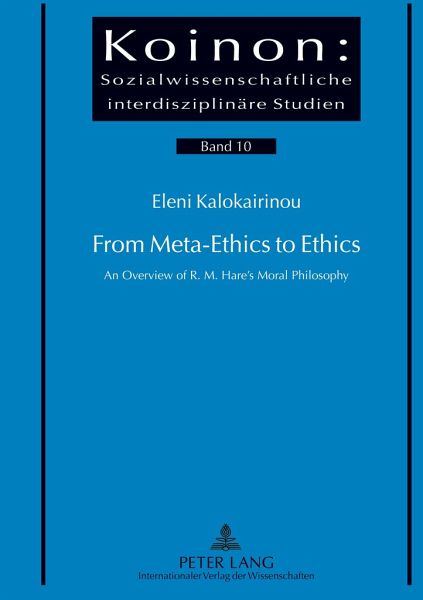
From Meta-Ethics to Ethics
An Overview of R. M. Hare's Moral Philosophy
Versandkostenfrei!
Versandfertig in 6-10 Tagen
77,40 €
inkl. MwSt.

PAYBACK Punkte
0 °P sammeln!
This book brings out the way in which the twentieth century philosopher R. M. Hare has attempted to break the deadlock to which his contemporary moral theories had been led, i.e. irrationalism and relativism. Taking his point of departure from these theories, he suggests that the logical rules we reach from the linguistic analysis of moral language can have implications on the normative level, which in their form are in agreement with the principle of utility. So he differs from his contemporary philosophers because he argues that we engage in moral philosophy with a view to clarifying and sol...
This book brings out the way in which the twentieth century philosopher R. M. Hare has attempted to break the deadlock to which his contemporary moral theories had been led, i.e. irrationalism and relativism. Taking his point of departure from these theories, he suggests that the logical rules we reach from the linguistic analysis of moral language can have implications on the normative level, which in their form are in agreement with the principle of utility. So he differs from his contemporary philosophers because he argues that we engage in moral philosophy with a view to clarifying and solving the practical problems we face in life. In this sense he is an ardent defender of the practical relevance of philosophy. Hare's moral account is closely analyzed in this book and his main theses are tested not only for internal coherence but also for their capacity to resist all rational criticism.





